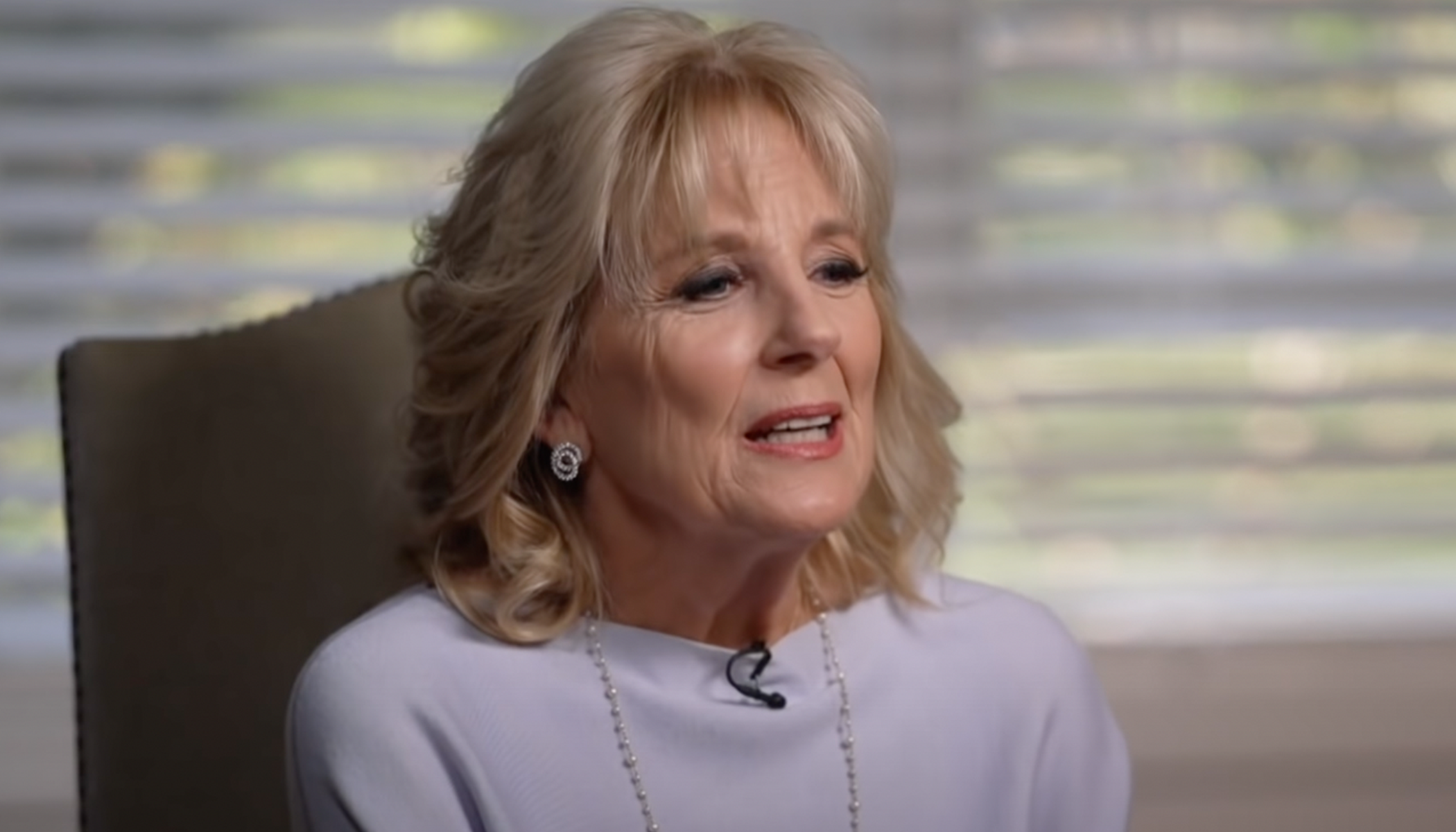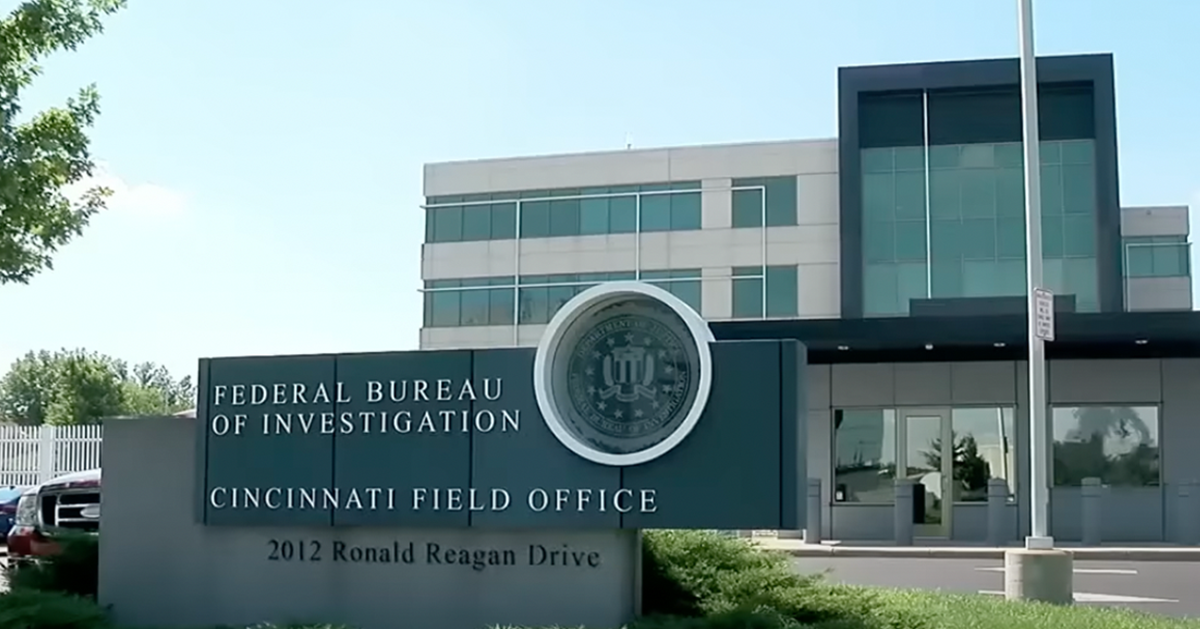Barack Obama Reportedly Concerned About Legacy After Democrats' Presidential Loss
Barack Obama, the 44th president of the United States, is reportedly worried about how history will view his presidency following Donald Trump's victory over Kamala Harris in the 2024 election.
The electoral outcome is feared by some on the left to have impacted Obama's standing within the Democratic Party, with criticisms now being lobbed at both Barack Obama and former first lady Michelle Obama for arguably contributing to Harris's defeat, as the Daily Wire reports.
In this recent election cycle, both Obamas faced scrutiny for their campaign rhetoric, which was considered by some to be detached and counterproductive.
During an October event in Pittsburgh, Barack Obama addressed the issue of voter turnout, specifically targeting Black male voters for their flagging support for Harris.
Campaign Criticisms Highlight Tone Issues
Obama's remarks were perceived by some attendees as judgmental, unfairly questioning men's readiness to support a female candidate for the presidency. He challenged audiences to reflect on their decision-making regarding voting and historical responsibility.
Michelle Obama delivered her own remarks at a Harris campaign rally in Kalamazoo, urging male voters to consider their historical responsibilities when heading to the polls.
Her speech further examined men's alleged reticence to support female leaders and called on them to reflect before casting their votes.
David Garrow, Barack Obama's biographer, has been vocal about the former president's current concerns. According to Garrow, the former president's unease is tied to Trump's political comeback and its consequences on how Obama's legacy is perceived by future generations.
Evaluating Leadership Transition Needs
Garrow has suggested that Democrats should transition away from figures such as Obama and Hillary Clinton, opting instead for fresh leaders without ties to certain ideological groups within the party. He expressed the belief that the Democratic Party's reliance on past icons could hinder progress.
Further criticisms targeted the perceived patronizing tone of both Barack and Michelle Obama’s campaign rhetoric.
Garrow argued that their approach towards engaging with certain voter demographics, especially Back men, could have been self-defeating to the point of negatively impacting Harris’s campaign efforts.
Reflection on Electoral Influence and Remarks
Some Black men reportedly found Obama's Philadelphia statements to be inappropriate and discouraging, suggesting that this sentiment could have possessed significant implications for voter turnout.
Michelle Obama also addressed similar themes, focusing on male voters and their role in the electoral process.
According to Garrow, these remarks by both Obamas may have harmed Harris’s campaign at its most crucial junctures. Despite any negative perceptions that may have emerged, Garrow believes Obama will maintain his celebrity status and influence.
He foresees both Barack and Michelle Obama continuing their high-profile lifestyle, including lavish vacations and some public engagements. Garrow expects they will spend less of their time in Washington, D.C., after January 2025, potentially focusing on other pursuits in locations like Martha’s Vineyard.
Addressing Political Relevance and Impact
Garrow scrutinized Obama's role in the Democratic Party, arguing that the former president's approach during the campaign was tone-deaf. This perception might result in reducing Obama's political relevance to the level of previous prominent figures who have gradually faded.
Despite the electoral setback, Garrow acknowledges that Obama will keep engaging in celebrity endeavors. Obama's lifestyle, according to Garrow, will likely include fewer political engagements in the nation's capital.
Overall, the aftermath of the 2024 election has sparked important discussions about the future of the Democratic Party and former President Obama’s place within it. Both Obamas are expected to adapt to their new roles and navigate their post-presidential lives mindful of the legacy conversations that will inevitably continue.





